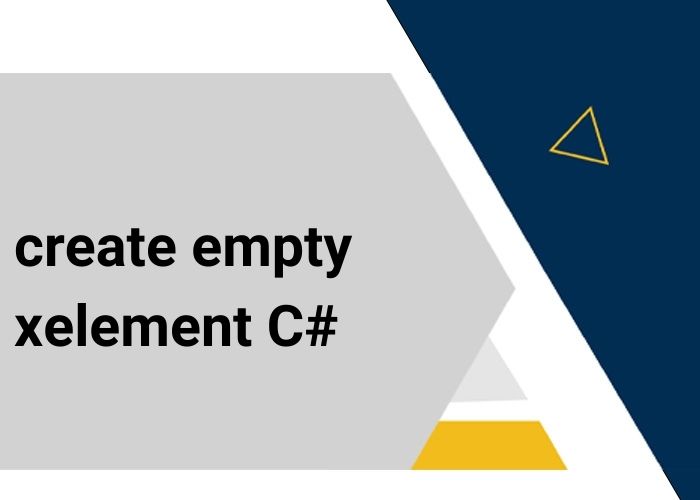Understanding the Difference Between Events and Delegates in C#
In C#, both events and delegates are fundamental concepts used extensively in designing and implementing event-driven programming. Despite their close relationship, they serve distinct purposes and are used in different contexts. This article explains the differences between events and delegates, providing insights into their proper use and the scenarios where each is most appropriate.
What is a Delegate?
A delegate in C# is a type-safe function pointer, meaning it holds a reference to one or more methods. A delegate is a way to encapsulate a method with a specific signature and return type, allowing methods to be passed as parameters or called dynamically. Delegates are used to define callback methods and implement event handlers.
Example of Delegate:
public delegate void ProcessData(int data);
public class DataProcessor
{
public void Process(int data, ProcessData processData)
{
processData(data); // Invoke the delegate
}
}
In this example, ProcessData is a delegate that points to any method that takes an integer as an input and returns void. It allows the DataProcessor class to invoke the method referenced by the delegate.
What is an Event?
An event, on the other hand, is a mechanism that classes use to notify clients when something of interest occurs. It is based on the delegate model but adds a layer of encapsulation and protection. Events are typically used in the publisher/subscriber model where the publisher raises an event, and the subscribers handle the event.
Example of Event:
public class Publisher
{
public event EventHandler<EventArgs> DataProcessed;
protected virtual void OnDataProcessed(EventArgs e)
{
DataProcessed?.Invoke(this, e);
}
public void ProcessData()
{
// Data processing logic here
OnDataProcessed(EventArgs.Empty); // Raise the event
}
}
In this setup, DataProcessed is an event based on the EventHandler delegate type. It encapsulates the delegate invocation, ensuring that it can only be triggered by the class that declares it.
Key Differences Between Events and Delegates
Encapsulation:
- Delegates: Delegates do not provide encapsulation. Any part of the code that has access to a delegate can invoke it.
- Events: Events restrict how the delegate can be used. Only the class that declares the event can invoke it, while other classes can only subscribe to or unsubscribe from it.
Usage Context:
- Delegates: More flexible and used for any situation where a callback is needed. They can represent multiple methods and can be used interchangeably with any method that matches their signature.
- Events: Specifically designed for situations where a class needs to notify other classes or components that something has happened. Events prevent external classes from arbitrarily raising the event.
Intent:
- Delegates: Meant to pass methods as arguments, return them from methods, or define callback methods.
- Events: Used to signal events to external entities and handle them. This promotes a loose coupling between the event source and its listeners.
Safety and Maintenance:
- Delegates: Can be more error-prone since they allow external code to invoke or clear all registered handlers via assignment.
- Events: Provide a safer, more controlled way to handle notifications. Subscribers can add or remove handlers, but cannot directly invoke the event or clear other handlers.
Conclusion
Understanding the distinction between events and delegates is crucial for effective C# programming. Delegates offer flexibility and are ideal for passing methods around as parameters. Events, built on the delegate model, provide a structured way to implement the observer pattern, ensuring that notifications are handled securely and in an encapsulated manner. By choosing the appropriate mechanism based on the scenario, you can build more robust and maintainable C# applications.





